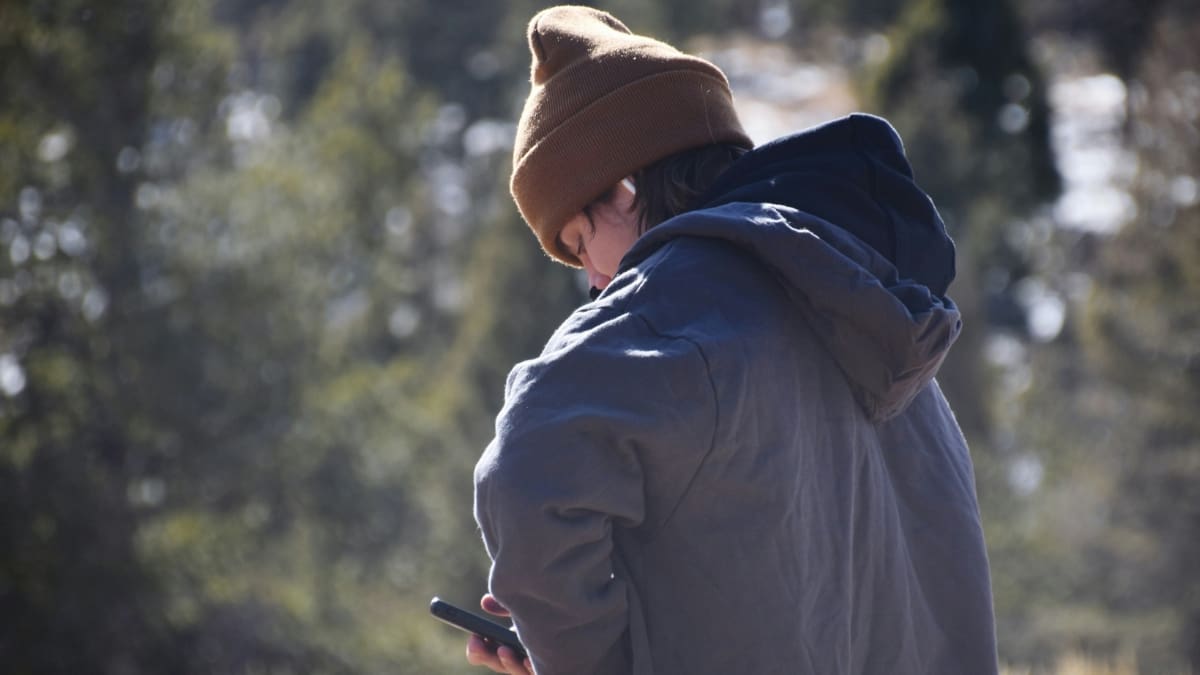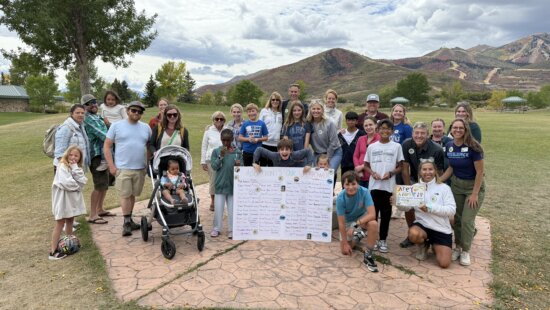Health
Park City groups partner to combat youth screen time

Photo: Lesli Whitecotton // Unsplash
Live Like Sam teams up with Amico Health, aiming to reach 30,000 students with screen time curriculum
PARK CITY, Utah — Depression, anxiety and self-harm rates have increased among American youth in Summit and Wasatch counties over the past decade. Two organizations are collaborating to address smartphones’ role in this trend.
Amico Health, a Los Angeles-based company formerly known as Pixel Health, has partnered with Live Like Sam, a Park City nonprofit, to introduce digital wellness curriculum in Summit and Wasatch Counties. Amico Health co-founder Bryce Baker grew up in Park City.
According to Utah’s Student Health and Risk Prevention Survey, the percentage of sixth to twelfth graders in Summit and Wasatch requiring moderate or high-need mental health treatment increased from 30% in 2011 to over 40% in 2023. The survey also shows that 25% of youth in these counties have seriously considered suicide or made plans to attempt it, up from 13% in 2011.
Live Like Sam’s Thrive program, a preventative mental wellness initiative developed by WeBeWell psychologists, has served more than 1,000 local youth. A University of Utah study found that Thrive participants demonstrated a 21% reduction in depression symptoms and a 25% reduction in anxiety symptoms. The program does not specifically address screen time and digital habits.
A Park City-based Amico Health advisor connected Baker with the Live Like Sam team earlier this year. Simultaneously, local parents formed Park City Smartphone-Free Kids, advocating for children to wait until after eighth grade before receiving smartphones. The group emerged from a book club discussing “The Anxious Generation” by Jonathan Haidt.
“There were all these gaps and resources that the community felt were needed, and the Amico Health curriculum was able to check all those boxes,” says Jessica Parker, Live Like Sam’s program director.
Amico’s curriculum, reaching more than 30,000 students this school year, addresses problematic usage, misinformation, cyberbullying and social comparison.
Baker and co-founder Solomon Scherban developed Amico’s self-assessments and curriculum after personal experiences with problematic smartphone use. “You can’t cure what you can’t measure,” Baker says, “and there was no standardized measurement for when [technology] is a problem, or when it is not a problem.”
Studies show Amico reduced participants in the “high-risk” screen time category (seven or more hours daily) by 18% while increasing the low-risk category (less than three hours) by 12%. Research indicates teens spending more than three hours daily on social media face twice the risk of anxiety or depression. A 2023 Gallup study found teens average 4.8 hours daily on social media.
“We’re seeing a significant increase in the damaging and unhealthy relationships that many of our youth have with technology, especially social media and cyberbullying. These topics continuously come up for parents, educators, and mental health workers in our community,” says Ron Jackenthal, who founded Live Like Sam after his son Sam died in 2015 following a ski accident. “In the realm of screen time and social media, Amico is by far the most comprehensive program we’ve come across.”
The partnership combines Amico’s technology-focused approach with Thrive’s broader wellness program, reaching students who might not display typical depression or anxiety symptoms but use technology in potentially risky ways.
“Park City is a special place to live,” says Baker, “but all those things that are beautiful about Park City can be taken away by the problems that digital devices can cause.”




















